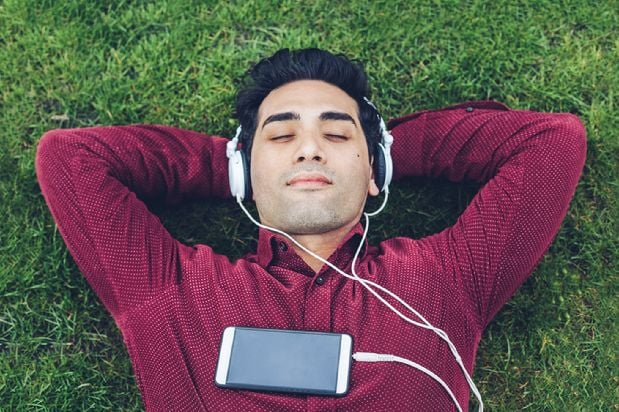Music Therapy has been shown to have a significant effect on an individual's relaxation, respiration rate, self-reported pain reduction, and behaviorally observed and self-reported anxiety levels. A coordinated program of music and music therapy interventions in response to crisis or trauma, designed and implemented by a qualified music therapist, provides opportunities for:
- Non-verbal outlets for emotions associated with traumatic experiences
- Anxiety and stress reduction
- Positive changes in mood and emotional states
- Active and positive participant involvement in treatment
- Enhanced feelings of control, confidence, and empowerment
- Positive physiological changes, such as lower blood pressure, reduced heart rate, and relaxed muscle tension
- Emotional intimacy with peers, families, caregivers
- Relaxation for family groups or other community and peer groups
- Meaningful time spent together in a positive, creative way
- Increase in self-esteem
- Teach coping skills for emotions that can later be generalized in everyday living
Group music therapy sessions include:
- Drumming and drum circles to increase non-verbal emotional expression and help the clients work together as a group.
- Improvisation on various instruments to encourage the creative process, emotional expression, and increase self-esteem.
- Progressive muscle relaxation to soothing music to decrease anxiety, fear, and stress associated with crisis and trauma.
- Lyric analysis of client preferred music for emotional expression.
- Songwriting and composition for an increase in self-confidence and as an outlet for emotional expression.
- Guided meditation and imagery to teach clients coping skills for anger, anxiety, and fear associated with crisis, trauma, and the disease of addiction.
What is Music Therapy?
Music therapy is the clinical and evidence-based use of music interventions to accomplish individualized goals within a therapeutic relationship by a credentialed professional who has completed an approved music therapy program. (American Music Therapy Association definition).
Music therapists:
- assess emotional well-being, physical health, social functioning, communication abilities, and cognitive skills through musical responses
- design music sessions for individuals and groups based on client needs using music improvisation, receptive music listening, songwriting, lyric discussion, music and imagery, music performance, and learning through music
- participate in interdisciplinary treatment planning, ongoing evaluation, and follow-up.
Music therapy can serve children, adolescents, adults, and the elderly with mental health needs, developmental and learning disabilities, Alzheimer's disease and other aging-related conditions, substance use problems, brain injuries, physical disabilities, and acute and chronic pain, including mothers in labor.
Music therapists work in psychiatric hospitals, rehabilitative facilities, medical hospitals, outpatient clinics, daycare treatment centers, agencies serving developmentally disabled persons, community mental health centers, drug and alcohol programs, senior centers, nursing homes, hospice programs, correctional facilities, halfway houses, schools, and private practice.
How Does Music Therapy Make a Difference in Response to Crisis Situations?
The directed use of music and music therapy is highly effective in developing coping strategies, including:
- understanding and expressing feelings of anxiety and helplessness
- supporting feelings of self-confidence and security
- providing a safe or neutral environment for relaxation.
Research results and clinical experiences attest to the viability of music therapy even in situations outside of traditional therapeutic settings.
Music is a form of sensory stimulation, which provokes responses due to the familiarity, predictability, and feelings of security associated with it. Feedback from relief workers and caregivers indicates that music therapy sessions helped to develop a stronger sense of readiness to cope with day-to-day stressors and potential future crisis situations.
Courtesy of Beachway Therapy Center
Beachway Therapy Center is a private affordable drug and alcohol treatment facility. We have 15 full-time employees to care for and assist our 16 guests in their journey to recovery. This translates into unsurpassed individualized therapy and counseling for our guests and their families. We offer family counseling, education and encourage families to get involved.
Beachway Therapy Center is a state licensed treatment facility dedicated to provide intensive, deep therapy to addicts and alcoholics suffering from the disease of addiction. Our policy is to utilize professionally trained therapists who specialize in specific areas of addiction treatment to obtain our goal of intensive, deep-rooted therapy. Two therapies used by our professionals are EMDR and hypnotherapy, along with other mainstream therapeutic processes to achieve our goal of reaching deep within the client and discovering the core issues to be addressed.
Beachway Therapy Center offers both music and art therapies in our 1500 square foot studio to encourage creativity and enhance the recovery process for individuals struggling with substance and alcohol abuse.





